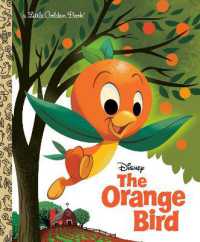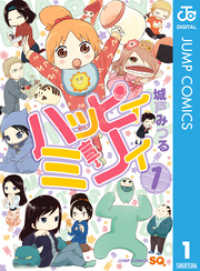基本説明
Organized around a series of propositions that range from the idea that nothing is translatable to the idea that everything is translatable, The Translation Zone examines the vital role of translation studies in the "invention" of comparative literature as a discipline.
Full Description
Translation, before 9/11, was deemed primarily an instrument of international relations, business, education, and culture. Today it seems, more than ever, a matter of war and peace. In The Translation Zone, Emily Apter argues that the field of translation studies, habitually confined to a framework of linguistic fidelity to an original, is ripe for expansion as the basis for a new comparative literature. Organized around a series of propositions that range from the idea that nothing is translatable to the idea that everything is translatable, The Translation Zone examines the vital role of translation studies in the "invention" of comparative literature as a discipline. Apter emphasizes "language wars" (including the role of mistranslation in the art of war), linguistic incommensurability in translation studies, the tension between textual and cultural translation, the role of translation in shaping a global literary canon, the resistance to Anglophone dominance, and the impact of translation technologies on the very notion of how translation is defined. The book speaks to a range of disciplines and spans the globe.
Ultimately, The Translation Zone maintains that a new comparative literature must take stock of the political impact of translation technologies on the definition of foreign or symbolic languages in the humanities, while recognizing the complexity of language politics in a world at once more monolingual and more multilingual.
Contents
ACKNOWLEDGMENTS vii TWENTY THESES ON TRANSLATION xi INTRODUCTION 1 Introduction 3 CHAPTER 1: Translation after 9/11: Mistranslating the Art of War 12 PART ONE: TRANSLATING HUMANISM 23 CHAPTER 2: The Human in the Humanities 25 CHAPTER 3: Global Translatio: The "Invention" of Comparative Literature, Istanbul, 1933 41 CHAPTER 4: Saidian Humanism 65 PART TWO: THE POLITICS OF UNTRANSLATABILITY 83 CHAPTER 5: Nothing Is Translatable 85 CHAPTER 6: "Untranslatable" Algeria: The Politics of Linguicide 94 CHAPTER 7: Plurilingual Dogma: Translation by Numbers 109 PART THREE :LANGUAGE WARS 127 CHAPTER 8: Balkan Babel: Language Zones, Military Zones 129 CHAPTER 9: War and Speech 139 CHAPTER 10: The Language of Damaged Experience 149 CHAPTER 11: CNN Creole: Trademark Literacy and Global Language Travel 160 CHAPTER 12: Conde's Creolite in Literary History 178 PART FOUR: TECHNOLOGIES OF TRANSLATION 191 CHAPTER 13: Nature into Data 193 CHAPTER 14: Translation with No Original: Scandals of Textual Reproduction 210 CHAPTER 15: Everything Is Translatable 226 CONCLUSION 241 CHAPTER 16: A New Comparative Literature 243 NOTES 253 INDEX 287








